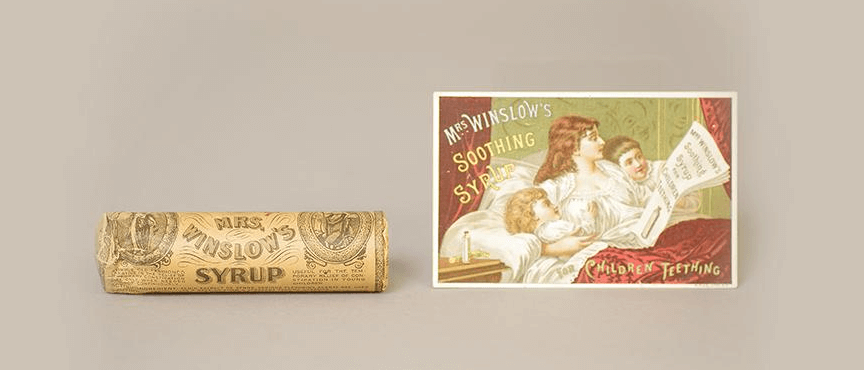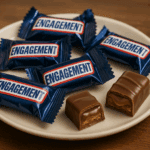Advertising, like language, is no modern phenomenon. Today, we’re so overburdened with ads that advertising has garnered a negative connotation. “Ugh, how can we get ads off of Facebook?” or “Why can’t they skip the ads before the movie starts?” are common 21st century woes.
But advertising began not as a way of tricking people into spending their money, as it’s often conceived now, but as a method of connecting people with the things they need or want. In fact, what we perceive as pervasive in the developed world is not as widespread in developing countries, where a little bit of advertising could go a long way towards helping people make ends meet. If you want to buy something, but don’t know where to find it, what do you do if you live in a place without advertising?
Hence, advertising began as a simple way of communicating where you could find the wares you needed, what quality you could expect and for what price. They were basic, factual statements, like this ad from 1477 London, advertising a “good and cheap” book to be found at the Red Pale shop.
This Is Why We Can't Have Nice Things
Of course, all wholesome things must come to an end. With the industrial boom and the advent of mass production, advertising was suddenly no longer just a way to connect people with the things they needed, but a way to sell things by convincing people that they needed them. It wasn’t long before people found that using hyperbolic language and grandiose statements about how their product would be the solution to everything ever was much more effective at spurring customers to their doorsteps.
Thus began the age of those vintage hyperbolic ads that we now look upon with nostalgic amusement, such as Mrs. Winslow’s Soothing Syrup, which, according to its ad copy, “soothes the child, softens the gums, allays all pain, relieves wind, regulates the bowels, and is the best known remedy for dysentery and diarrhea, whether arising from teething or other causes.”
A better promoter of heroin than your local 70’s rock station! Not only does this ad claim that good ol’ Mrs. Winslow’s concoction is the answer to basically everything that could possibly afflict your children, but the morphine in the syrup is also addictive, putting an insidious little twist on a popular product. Eventually, regulations were enforced that tore teething children away from all that fun they were having.
The Circle of (Marketing) Life
We now live in an age with great mistrust towards ads. Today, we’re more likely to survive a plane crash than click on a banner ad. We tune out most ads we see, seek out ways to rid them from our search engines or social media sites and generally don’t believe anything we hear.
So what does this mean for your small business today? Is it simply time to throw in the towel, track down some of that soothing syrup and lament over how things got this way?
To the contrary, businesses have come full circle when it comes to advertising and gaining consumer trust. Advertisements once drifted so far astray from anything resembling a trustworthy brand that we’re having to work overtime now to regain the trust of our customers.
Because what is more powerful than any advertisement you could possibly create? Social proof.
Spreading the good word, whether simply across the dinner table, to your colleagues in the office, on social media or by posting a positive online review has become the new advertising. This is what people will listen to when they are choosing the company that can meet their needs.
Advertising today needs to be raw and honest to avoid getting caught in false promises. So if your brand boasts of promises it can’t deliver, either change your advertising to match your reality, or improve your product to match the ad.
Walk the Walk, Don't Just Talk the Talk
From this circle of quality businesses, truthful advertising and consumer trust, great companies were born. Great companies that truly care about their customers, communicate their messages clearly and effectively and know how to deliver what they promise. Great companies that understand that in order to beat the competition, you can’t just talk the talk. You have to walk the walk.
That’s why language plays as significant a role as ever in brands and businesses today. Without communicating your message clearly, consumers won’t know what standard they can expect from your business. Advertising, website copy and regular blog posts or social media content isn’t just a way to try to attract more customers. It’s in fact a way of reinforcing your brand’s integrity, over and over again.
So don’t just find ways to trick people into buying your product. Really dig deep, to the fundamental necessity for your business. Once you’ve got that, it’s time to get writing.
_______________________
Elizabeth Proctor is a writer and traveler who loves fishing, chess, camels and the X-Files.





